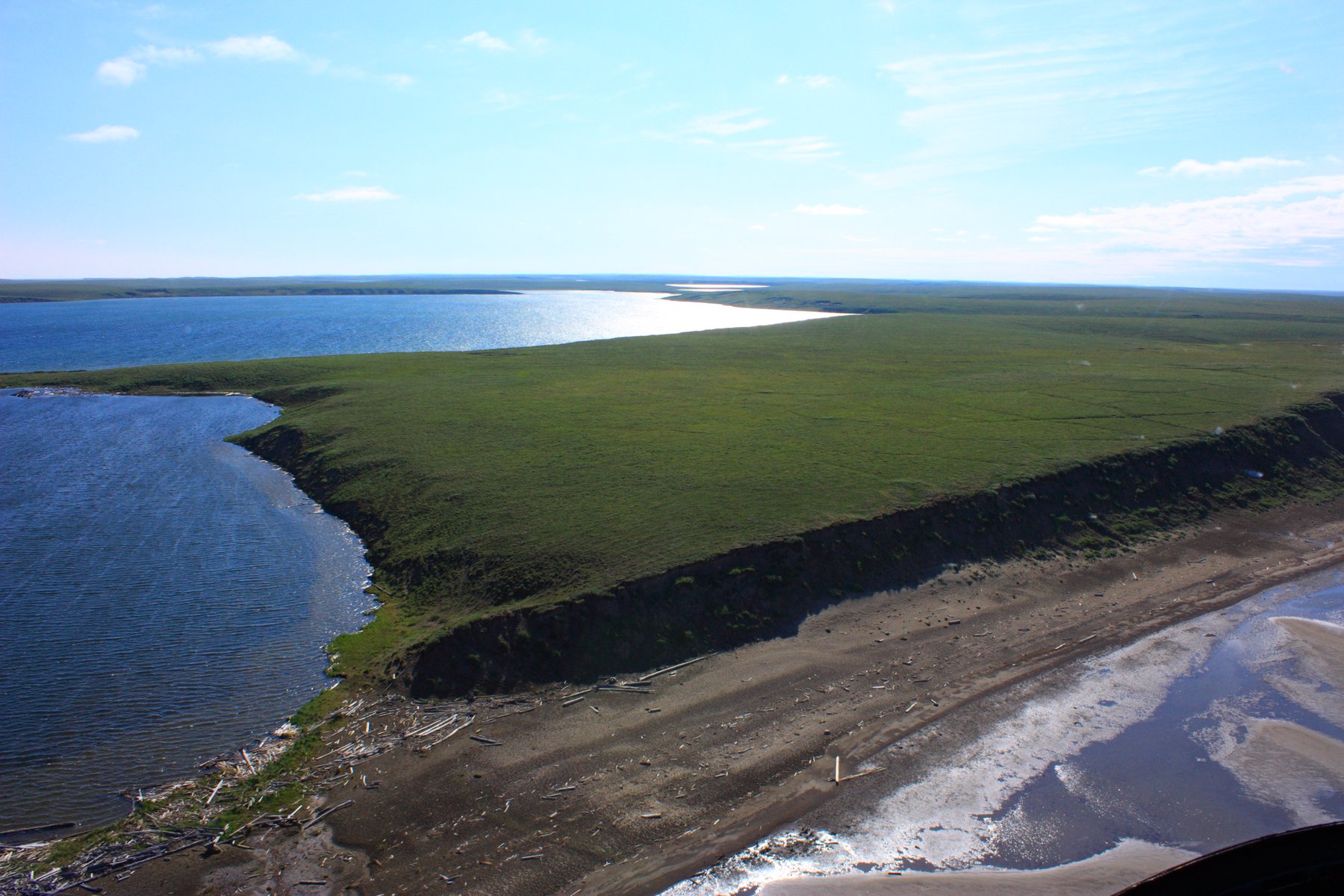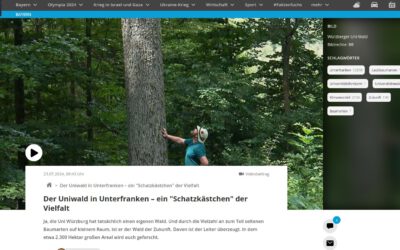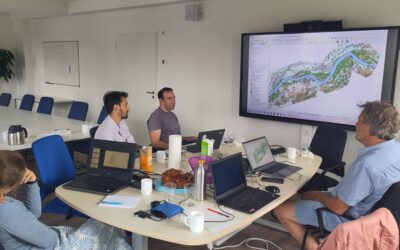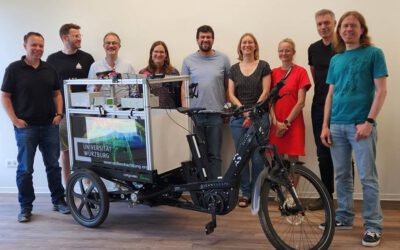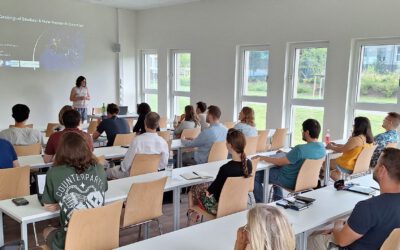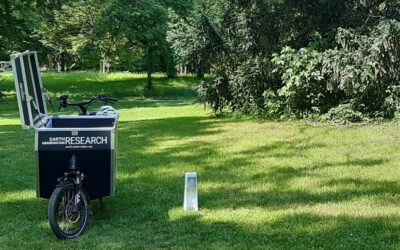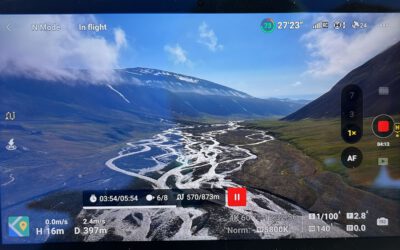On Tuesday, March 18, at 15:00 Andrea Cárdenas Reyes will present her master thesis on “Development of Caribbean Seagrass Ecosystem Accounts fusing Earth Observation with Biophysical Modeling of Coastal Carbon” in seminar room 3, John-Skilton-Str. 4a.
Abstract: Understanding the distribution and changes in seagrass is a prerequisite for determining its carbon content and implementing conservation projects. In this study, using remote sensing techniques, the distribution and abundance of blue carbon in the seagrass meadows of the Economic Exclusive Zone (EEZ) of Belize was mapped between the years of 2016 – 2019 and 2020 – 2022. This was done using multitemporal composite images from the Sentinel-2 Level-2C Surface Reflectance Archive and basemaps from the PlanetScope images processed through the Google Earth Engine (GEE) cloud computing platform. The mapping efforts discovered a loss in seagrass extension all over the study area. This pattern of loss was identified in both classification maps. The biophysical modelling results are based on the Coastal Blue Carbon model by InVEST. We incorporate the results from the first step into this model, using literature review data on biomass, soil carbon, accumulation rates, and net sequestration as reference carbon data. This analysis gave us a first estimate of the carbon content in terms of carbon stocks and total net carbon sequestration in Belize.
1st Supervisor: Jakob Schwalb-Willmann
2nd Supervisor (external): Dimosthenis Traganos, DLR

